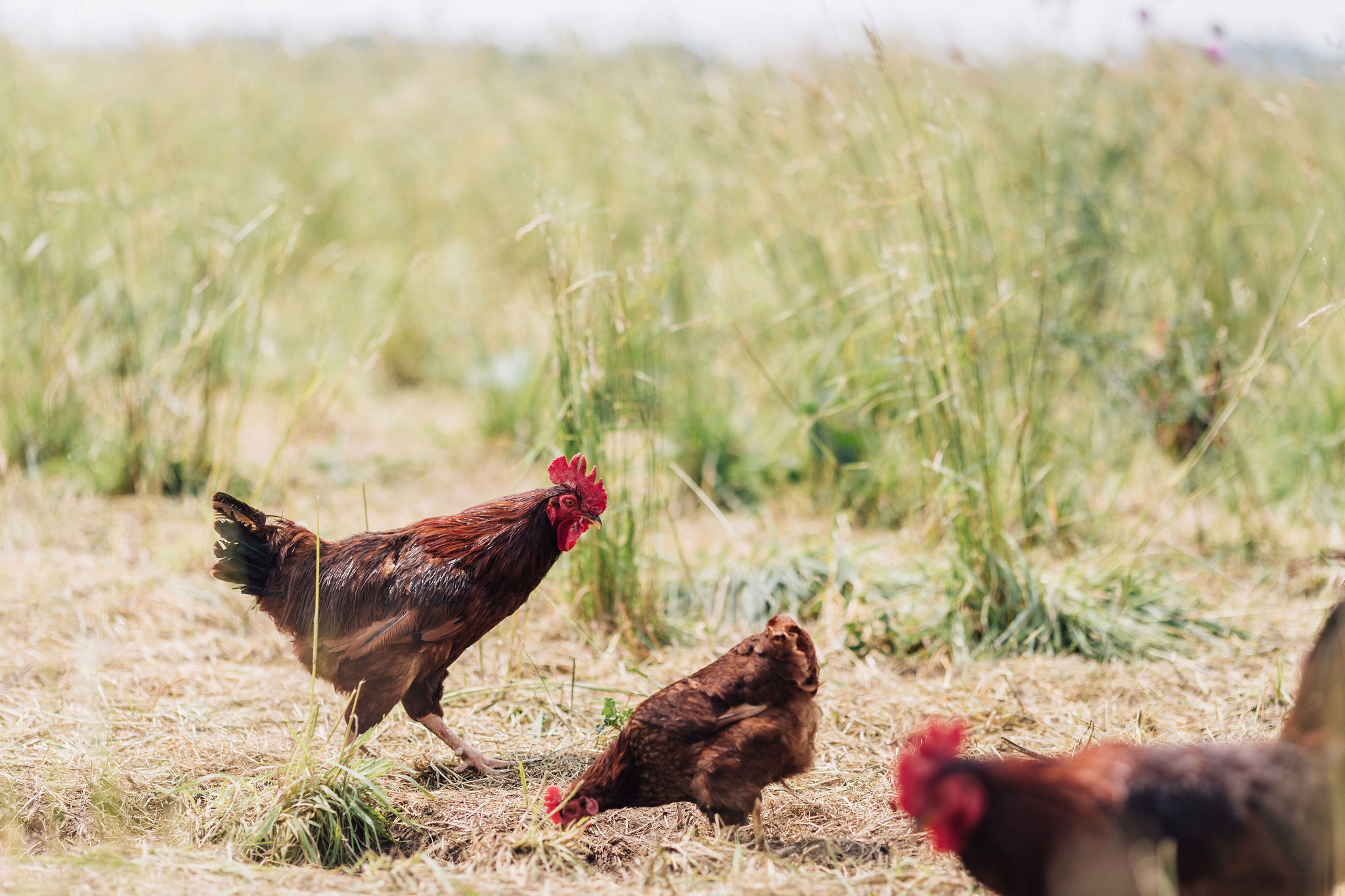Why biodiversity is important to us
posted on
June 15, 2017
I watched the Netflix documentary What’s with Wheat the other day. It’s about how grain’s omnipresence in modern America has created a health crisis.
Since you are already a Miller’s Bio customer, I may be preaching to the choir here. However, one part of the documentary really stuck out to me. The film explained how the best diet for humans to follow is the one they were eating about 150 years ago, just before the industrial revolution. It was a time when people thrived on biodiversity!
bi·o·di·ver·si·ty
/ˌbīōdiˈvərsədē,ˌbīōˌdīˈvərsədē/
noun
the variety of life in the world or in a particular habitat or ecosystem.
This is exactly where the name of our farm comes from. At Miller’s Biodiversity Farm, a great many forms of life are interacting to produce the most healthful and nutrient dense food the farmer can produce. Our farm and the farms that we work closely with all follow this model.
Every plant, animal, and microorganism has its purpose. Sure, the cows produce milk. But, they also produce manure. Along with the smart use of cover crops, this is a natural fertilizer for the fields. Chickens produce eggs and meat, but they also fertilize the fields and eat pests that would destroy crops and gobble up seeds that would grow into weeds. Pigs are the garbage disposal. They are fed soured milk and basically any farm waste. In return, they provide us bacon (and other cuts, of course)! Our plants are the mechanism for drawing the nutrients back out of the soil, feeding our animals, that then feed us. And microorganisms are what keep our animals and soil healthy and make delicious digestible and fermented products for us.
There are countless examples of these positive symbiotic relationships that make farming a sustainable, life-enriching practice. Our farmer pays such close attention to the health of his farm. The richer the soil, the healthier the animals, the healthier the food, the better for our members and the farm.
It would be an interesting challenge to create a biodiverse meal, one that includes plants, seeds, animals, dairy products, and microorganisms. We could call it a whole farm meal. Anyone up for the challenge?
Thanks for being a Miller’s Bio Farm customer and being part of our biodiversity.




